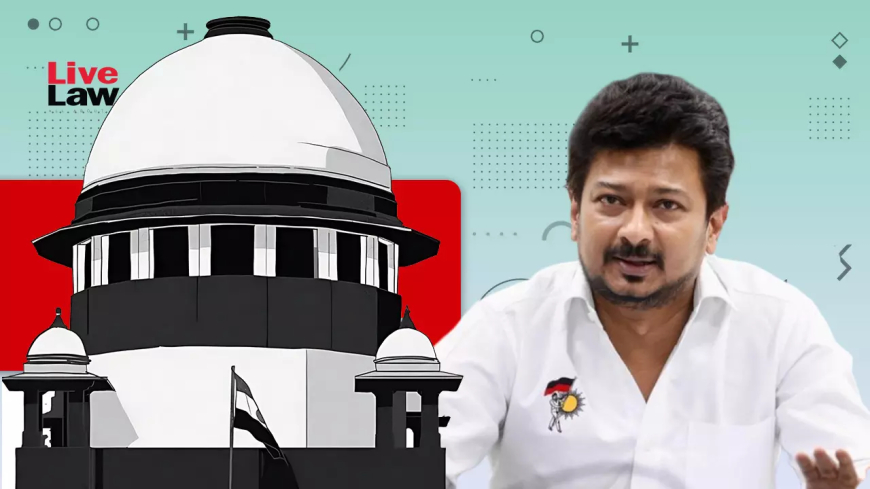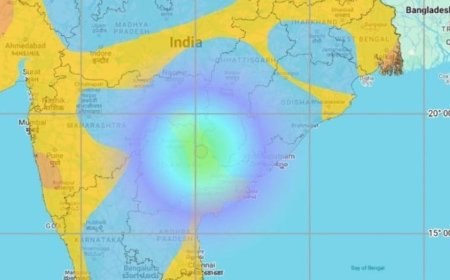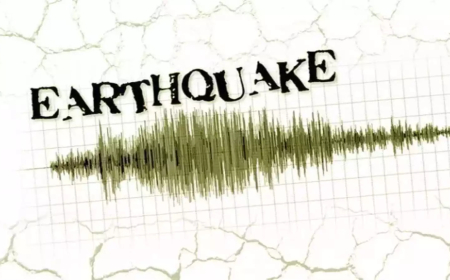Sanatana Dharma Controversy: Supreme Court Rules That No Further FIRs Against Udhayanidhi Stalin Without Its Approval
The Supreme Court has decided that no new FIRs can be filed against Udhayanidhi Stalin regarding his remarks on Sanatana Dharma without prior approval. This ruling comes after multiple cases were lodged against him, leading to a legal and political debate. The Supreme Court has ruled that no fresh FIRs can be filed against Udhayanidhi Stalin over his Sanatana Dharma remarks without prior approval, sparking legal and political discussions.

Sanatana Dharma Controversy: Supreme Court Rules That No Further FIRs Against Udhayanidhi Stalin Without Its Approval
Introduction: A Major Legal Ruling in the Sanatana Dharma Controversy
- The Supreme Court of India has intervened in the ongoing dispute over Udhayanidhi Stalin’s statements on Sanatana Dharma.
- The court ruled that no new First Information Reports (FIRs) can be filed against him without its permission.
- This decision follows multiple cases being lodged against the Tamil Nadu minister and DMK leader.
- The controversy has fueled intense debates in political and religious circles.
The Background of the Controversy
- Udhayanidhi Stalin, a prominent leader of the Dravida Munnetra Kazhagam (DMK), made statements that sparked backlash.
- He equated Sanatana Dharma with social discrimination, comparing it to diseases like dengue and malaria.
- His remarks led to widespread criticism from Hindu groups, political opponents, and religious leaders.
- Multiple FIRs were filed against him in different states, leading to legal complications.
Supreme Court's Decision: No More FIRs Without Approval
- The Supreme Court's recent ruling prevents authorities from registering any new FIRs against Stalin on this issue.
- The court took this step to prevent misuse of legal provisions and potential harassment through multiple cases.
- The decision highlights concerns about using the law for political vendettas.
- The bench emphasized that free speech should be protected, but without causing deliberate offense to religious beliefs.
Why Did the Supreme Court Intervene?
-
Multiple FIRs Across India:
- Several complaints were filed in different states, leading to a complex legal battle.
- The Supreme Court wanted to ensure a fair legal process without unnecessary duplication.
-
Protection Against Legal Harassment:
- Filing multiple FIRs on the same issue can be seen as harassment.
- The court ruled that any future complaints must be reviewed before proceeding legally.
-
Balance Between Free Speech and Religious Sentiments:
- The judiciary aims to maintain a balance between protecting free speech and respecting religious beliefs.
- This case has raised questions about the limits of political speech in India.
Political and Social Reactions
Reactions from the DMK and Supporters
- The DMK has welcomed the court's ruling, stating that Stalin’s speech was about social reform, not religious insult.
- Party leaders argue that the controversy is being used to target him politically.
- They believe that freedom of speech must be upheld, especially in matters of social justice.
Response from Hindu Organizations
- Several Hindu groups have expressed disappointment, arguing that Stalin’s remarks were deeply offensive.
- They believe his statements were an attack on Hinduism, not just a criticism of caste discrimination.
- Many have called for further legal and political action against him.
Opposition Parties Weigh In
- Opposition parties have taken mixed stances on the issue.
- Some support the Supreme Court’s decision as a safeguard against political misuse of the law.
- Others feel that Stalin should face consequences for his statements.
Legal Implications of the Supreme Court’s Ruling
What This Means for Future Cases
- Any new FIR related to Stalin’s Sanatana Dharma remarks must be approved before being filed.
- This ruling sets a precedent for similar cases where political figures face multiple legal actions.
- It highlights the judiciary’s role in preventing legal misuse for political purposes.
Can the Ruling Be Challenged?
- While the ruling stands for now, affected parties can still appeal for reconsideration.
- If new developments emerge, the case could be revisited by the judiciary.
Free Speech vs. Religious Sensitivities: The Broader Debate
Arguments in Favor of Free Speech
- In a democracy, individuals should have the right to express opinions on religious and social issues.
- Many argue that Stalin’s comments were meant to challenge outdated traditions rather than attack Hinduism.
- Courts have often ruled in favor of protecting free speech, even in controversial cases.
Arguments Supporting Religious Sensitivity
- Critics argue that leaders should be mindful of religious sentiments when making public statements.
- Comparing a religious belief to diseases can be seen as a direct insult.
- Many believe that such remarks fuel division rather than encourage meaningful discussion.
Striking a Balance
- The challenge lies in defining the limits of free speech in religious and political discourse.
- Courts play a crucial role in ensuring that neither free speech nor religious beliefs are unfairly targeted.
Past Controversies on Religion and Politics in India
This case is not the first where political leaders have faced legal action for religious statements. Some past examples include:
- Kapil Sibal (Congress Leader) – Faced backlash for statements on religious intolerance.
- Yogi Adityanath (UP Chief Minister) – Has been criticized for comments perceived as anti-minority.
- Asaduddin Owaisi (AIMIM Chief) – Has made controversial remarks on Hindu traditions.
Such cases show that religion and politics remain deeply intertwined in India.
What’s Next for Udhayanidhi Stalin?
Political Impact on DMK
- The ruling may strengthen Stalin’s position within the DMK as a leader who stood firm despite opposition.
- His party could use this case to rally support among its voter base.
Legal Path Ahead
- Although new FIRs are restricted, existing cases will still go through legal proceedings.
- Stalin may have to defend his remarks in court, depending on how the cases progress.
Future Statements and Caution
- Given the controversy, Stalin and other politicians may be more cautious about making statements on religious issues.
- This case serves as a reminder that public figures must balance bold speech with responsibility.
Conclusion: A Landmark Decision with Far-Reaching Implications
- The Supreme Court’s ruling in the Sanatana Dharma controversy is a major legal and political development.
- By restricting new FIRs, the court has highlighted the importance of protecting individuals from legal harassment.
- The case also reignites discussions on the balance between free speech and religious respect.
- Moving forward, this decision could influence similar cases in Indian politics.
As the debate continues, the ruling reinforces the need for a fair judicial process while recognizing the sensitivities surrounding religion and speech in India.
What's Your Reaction?

























































